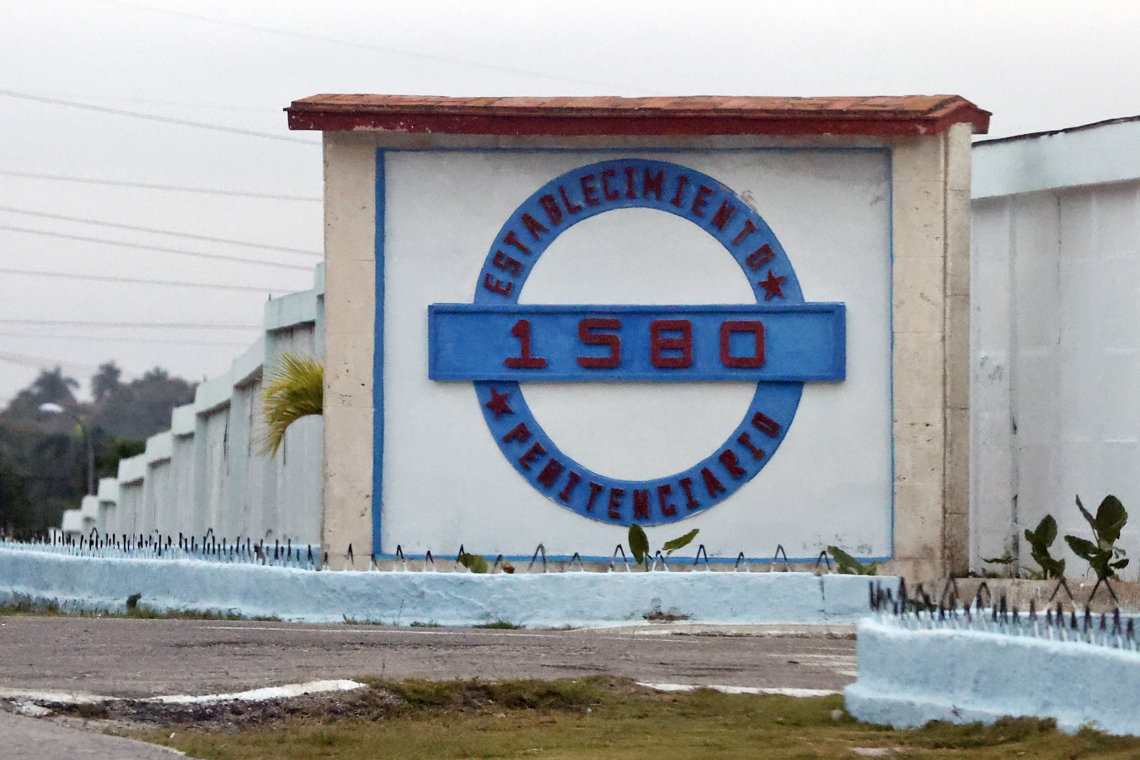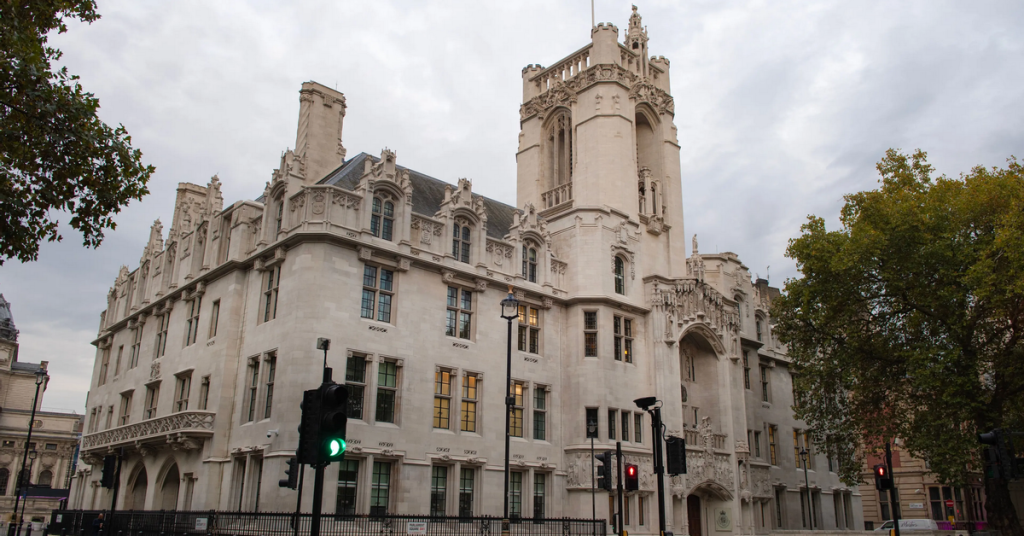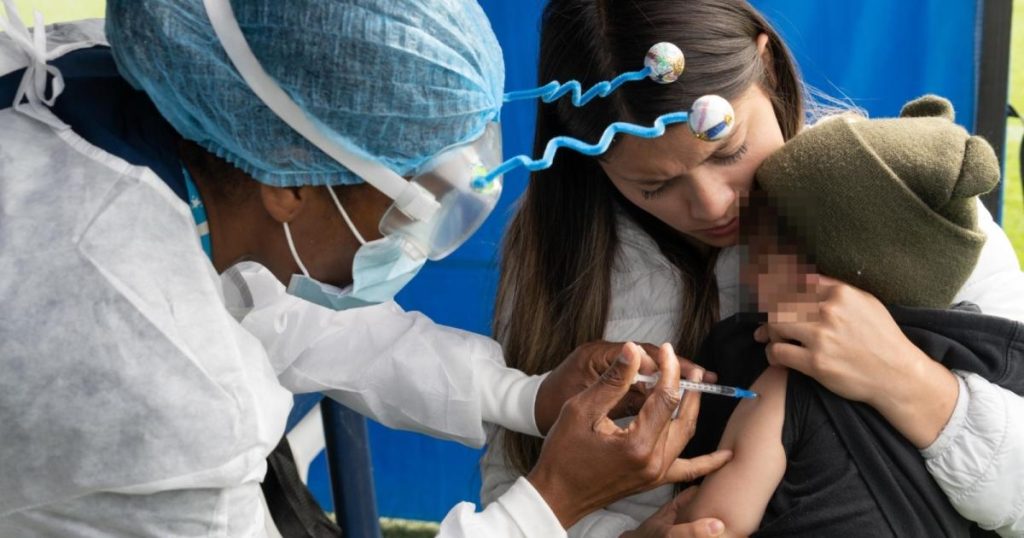Prisoner releases announced last Tuesday by the Cuban Government after mediation by the Vatican, continued this weekend.
Independent and foreign media, as well as activists and NGOs, have reported on the release from prison in recent days of a new group of inmates, who join those previously released from prison in different parts of the island.
In this group are the well-known opponents Félix Navarro – who was serving a nine-year prison sentence and was released on Saturday – and Tania Echevarría – a member of the Ladies in White group with a six-year sentence for participating in the July protests. 2021, release from jail on Sunday—, according to the agency EFE.
Also over the weekend, other participants in these anti-government demonstrations were released, according to an NGO that keeps track of released prisoners and is cited by the Spanish media.
So far, around a hundred people considered prisoners for political reasons have been released from prison, according to various NGOs. One of those organizations had registered 114 until Sunday afternoon and noted that more were expected this Monday.
This list includes other well-known names such as José Daniel Ferrer and Luis Robles – considered prisoners of conscience by Amnesty International (AI) – and the trans protester Brenda Díaz, another participant in the July 2021 protests, who was serving a sentence. 14 years and seven months for public disorder, sabotage and contempt, says EFE.
However, the number of prisoners released must be greater, since last Thursday Maricela Sosa, vice president of the Supreme People’s Court, assured that 127 people had received some type of extra-penal benefit. By then, NGOs were only notifying the release from prison of about 40 political prisoners, who are not considered as such by the island’s authorities.
Pope Francis celebrates the release of prisoners in Cuba as “a gesture of great hope”
In its announcement on Tuesday, the Cuban Government had reported on the “gradual” release of 553 people sanctioned “for various crimes.” He did so shortly after Washington announced several measures towards the island, including its exclusion from the list of countries that sponsor terrorism, a classification with serious economic and financial consequences.
However, the Cuban authorities have not made public a list of those who benefited from this decision, while they have made it clear that This is not a pardon or an amnesty. and that those released could return to prison if they do not meet some requirements until the expiration of their sentence, such as “good conduct.”
When announcing its recent measures on Cuba, the Biden Administration hinted that the release of these prisoners in Cuba and the exclusion of the island from the list of countries that promote terrorism were the two sides of an agreement mediated by the Vatican.
However, when referring to the releases, President Miguel Díaz-Canel emphasized that it was a “unilateral and sovereign” decision of the Cuban government, thus disassociating this fact from the changes decided by the outgoing US president.















